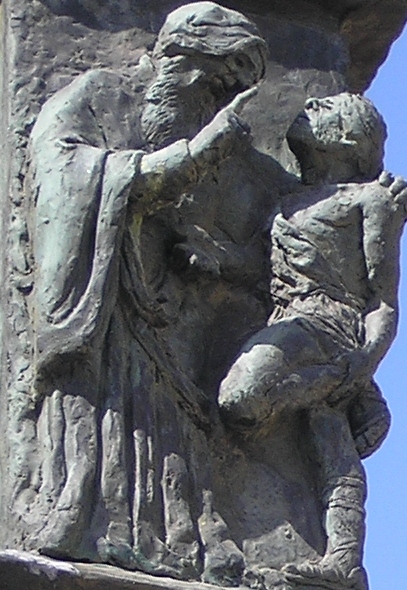“Sii uno che ama la pace, che opera la pace, che ama l'uomo e lo fa accostare alla legge di Dio.”
Origine: Citato in Gianfranco Ravasi, Le beatitudini: il più grande discorso all'umanità di ogni tempo, Mondadori, Milano, 2016, p. 173 https://books.google.it/books?id=GCceDAAAQBAJ&pg=PT173.
